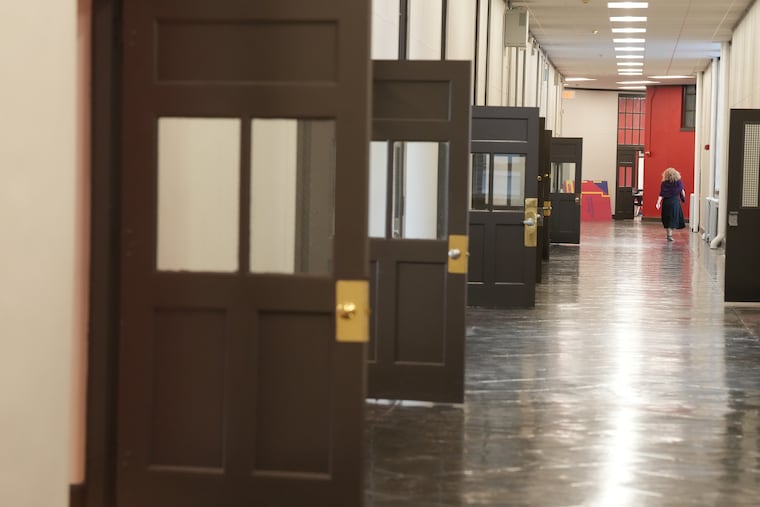Philadelphia is unlikely to implement ranked-choice voting in the near future.
In recent weeks, New York City’s mayoral primary showcased the increasingly popular ranked-choice voting system, a mechanism designed to enhance electoral outcomes by allowing voters to rank candidates in order of preference. This method has gained traction in progressive urban areas; however, Philadelphia remains on the sidelines, with little indication that such a change will occur in the near future.
Ranked-choice voting stands in stark contrast to the traditional winner-take-all model. Under this system, voters are prompted to rank multiple candidates. If no candidate achieves a majority of first-choice votes, the candidate with the fewest votes is eliminated, and their supporters’ second choices are then counted. This cycle continues until a candidate secures a majority, potentially leading to a winner with broader appeal.
Currently, 63 jurisdictions across the United States have adopted ranked-choice voting, according to FairVote, a nonpartisan electoral reform organization. New York City implemented this system for primary and special elections in 2019 following a voter-approved amendment to the city charter.
Supporters of ranked-choice voting argue that it fosters more inclusive campaigns. By incentivizing candidates to appeal to a wider audience, the system encourages collaboration and cross-endorsements among candidates. This collaborative approach was evident in New York’s recent mayoral race, where candidates like Zohran Mamdani and Brad Lander endorsed one another, marking a departure from the often adversarial nature of politics.
The proponents of ranked-choice voting also suggest that it can cultivate a more diverse range of candidates. A report from FairVote indicates that women and candidates of color are statistically more likely to succeed in ranked-choice elections, thereby enhancing democracy by making it more participatory.
Despite a recent poll indicating that 53% of likely Philadelphia primary voters support the introduction of ranked-choice voting, the path to implementation appears daunting. Transitioning to this electoral framework would require the backing of both City Council and the Pennsylvania state legislature, while also needing significant updates to the existing election infrastructure. Officials have raised concerns regarding voter education and the potential for confusion during the transition.
The Pennsylvania election code, last majorly revised in 1937, includes numerous outdated provisions. Any significant updates, therefore, would require considerable political will and public demand for reform. Although ranked-choice voting could improve electoral fairness, experts suggest that current issues, such as mail-in ballot processes, may take precedence in the near term.
While ranked-choice voting may not materialize in Philadelphia imminently, it remains a relevant topic in discussions about electoral reform in Pennsylvania. Advocates believe it is essential to maintain a dialogue around this issue, as systemic changes might yield significant improvements in the electoral landscape.







